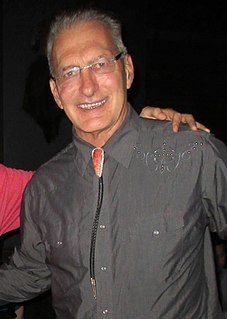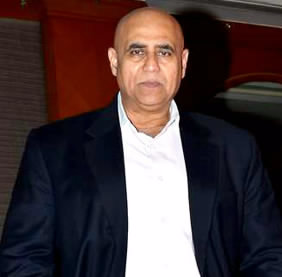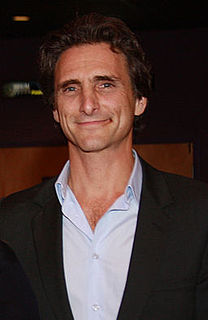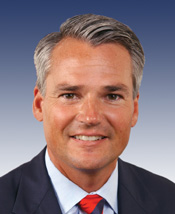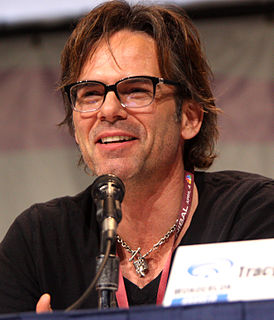A Quote by Joe Bob Briggs
There is no post-9/11. Everything from now until the end of time is post-9/11.
Related Quotes
I think that horror films have a very direct relationship to the time in which they're made. The films that really strike a film with the public are very often reflecting something that everyone, consciously or unconsciously feeling - atomic age, post 9-11, post Iraq war; it's hard to predict what people are going to be afraid of.
9/11 was just an enormous event in so many senses of the word - I mean, we are still in the "post-9/11 era" and perhaps will be forever? Sometimes it seems like it. It was such a monstrous act of imagination over anything else - the actual fatalities, while awful, were not what distinguished the event from others.
